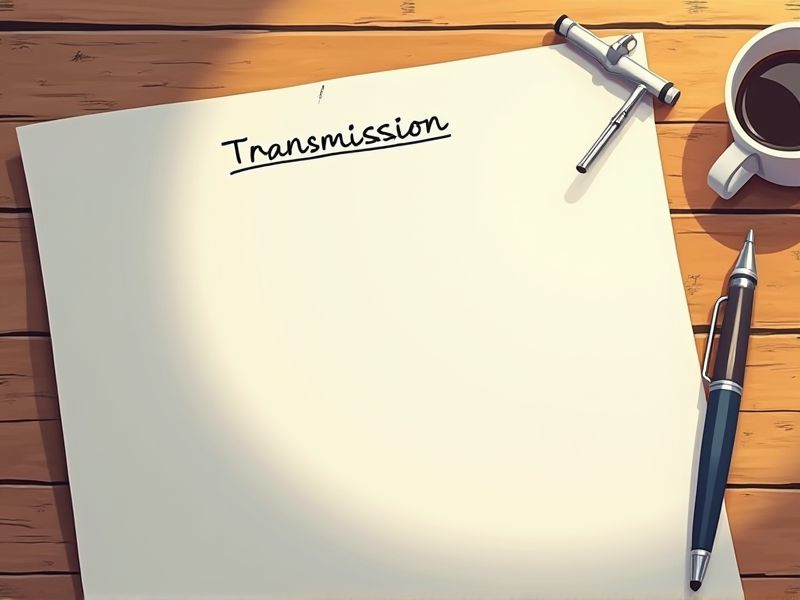
Transmission linemen work in a field that demands safety, precision, and technical expertise due to the inherent risks of handling high-voltage power lines. Proper certifications ensure that linemen possess the necessary skills to install, maintain, and repair electrical networks effectively. Regulatory bodies require certifications to maintain industry standards and enhance workplace safety by reducing accidents and operational errors. Below are key certifications essential for transmission linemen.
OSHA 10-Hour Construction Safety Certification
The OSHA 10-Hour Construction Safety Certification provides essential training on recognizing and mitigating job site hazards, which is crucial for transmission linemen who work in high-risk environments. With linemen frequently exposed to electrical hazards, this certification enhances their understanding of necessary safety protocols, thereby reducing the likelihood of accidents. The training equips linemen with knowledge about personal protective equipment and proper operational procedures, ensuring compliance with safety regulations. Employers benefit by having a workforce that adheres to the safety standards mandated by OSHA, thus decreasing potential legal and financial liabilities.
OSHA 30-Hour Construction Safety Certification
Transmission linemen face hazardous work environments that involve high voltages and elevated positions, making safety training essential for reducing accident risks. OSHA 30-Hour Construction Safety Certification provides comprehensive education on identifying potential hazards and proper safety protocols. Enhanced skills in risk management and emergency preparedness improve the ability to respond effectively to unexpected situations. Employers often require this certification to ensure compliance with federal safety regulations and to promote a culture of safety within the workforce.
CPR and First Aid Certification
Transmission linemen often work at heights and interact with high-voltage lines, where the risk of electrical shock or falls is significant, making CPR and First Aid certification crucial. This certification equips them with the skills to respond effectively in emergencies, potentially saving lives before professional medical help arrives. In remote areas, immediate medical assistance may not be readily available, increasing the value of onsite first aid capabilities. Employers prioritize certified linemen to ensure a safer work environment, minimizing downtime and potential liabilities.
NFPA 70E Electrical Safety Certification
NFPA 70E Electrical Safety Certification ensures transmission linemen understand the protocols to mitigate electrical hazards. This certification provides knowledge on necessary personal protective equipment, which reduces the risk of electrical injuries. With it, workers can effectively implement safe work practices, minimizing accidents during high-risk activities. Compliance with NFPA 70E is often a regulatory requirement, supporting company liability management and promoting workplace safety.
Confined Space Entry Certification
Transmission linemen often work in confined spaces such as underground vaults, where limited ventilation can expose them to hazardous gases, necessitating specific safety protocols. Confined Space Entry Certification equips them with skills to identify and mitigate these environmental risks. This certification ensures compliance with regulatory safety standards, reducing the likelihood of accidents and liability. Proper training enhances preparedness for emergency scenarios, protecting both the worker and the equipment.
High Voltage Safety Certification
High voltage safety certification ensures transmission linemen have the necessary skills to minimize the risk of electrical accidents. This certification provides specialized knowledge in handling high voltage equipment safely, reducing the likelihood of injuries and fatalities. Regulatory bodies often require certification as compliance with industry safety standards ensures the well-being of workers and the reliability of the electrical grid. Lack of proper certification can lead to significant financial and operational repercussions due to potential accidents and subsequent liabilities.
Tree Climbing, Slinging, and Rescue Certification
Tree Climbing, Slinging, and Rescue Certification is necessary for transmission linemen to safely navigate and work around trees that interfere with power lines, minimizing the risk of accidents. Proficiency in slinging (i.e., using ropes and rigging) is crucial for managing heavy equipment and materials at height, ensuring effective load control and preventing equipment failure. Rescue certification equips linemen with skills to perform emergency evacuations, providing immediate assistance to colleagues in distress and reducing potential irreversible harm. Certifications enhance the reliability and consistency of work, contributing to overall system stability and reducing unexpected outages.
NCCER Electric Lineworker Certification
The NCCER Electric Lineworker Certification sets a recognized standard of skills and knowledge essential for transmission linemen, ensuring consistent competency in the field. This certification minimizes workplace hazards by emphasizing safety protocols crucial to high-voltage environments. Employers seek certified lineworkers, as the certification guarantees a baseline of training and expertise, influencing hiring and salary decisions. In states requiring licensure, the certification can be a prerequisite, aligning with regulatory compliance and professional growth opportunities.
Fall Protection Certification
Lineman work often involves operating at significant heights, increasing the risk of falls and serious injuries. Fall Protection Certification ensures that transmission linemen are trained in using safety equipment effectively, reducing the likelihood of accidents. Occupational Safety and Health Administration (OSHA) mandates specific safety standards for work at elevated levels, and certification helps ensure compliance with these regulations. Certified linemen are better prepared for emergency situations, which reduces downtime and enhances productivity in transmission line maintenance.
First Responder/Basic Emergency Medical Response Certification
Transmission linemen often work in high-risk environments, where electrical hazards and falls can occur, necessitating immediate medical attention. Possessing certification in Basic Emergency Medical Response enables linemen to effectively address injuries before professional medical help arrives. First responder training equips them with skills to handle situations like electrical burns or cardiac arrests, which can be life-threatening and require prompt action. This certification enhances their ability to maintain safety standards and ensures rapid response during emergencies, reducing potential fatalities.
Summary
When you, as a Transmission Lineman, acquire certifications, your expertise becomes more recognized, enhancing career opportunities. Such certifications often lead to better job prospects and potential salary increases, as employers value validated skills. With formal validation, your confidence on the job can improve, reducing errors and increasing efficiency. As a result, you may also gain access to larger projects and leadership roles, fostering professional growth.
